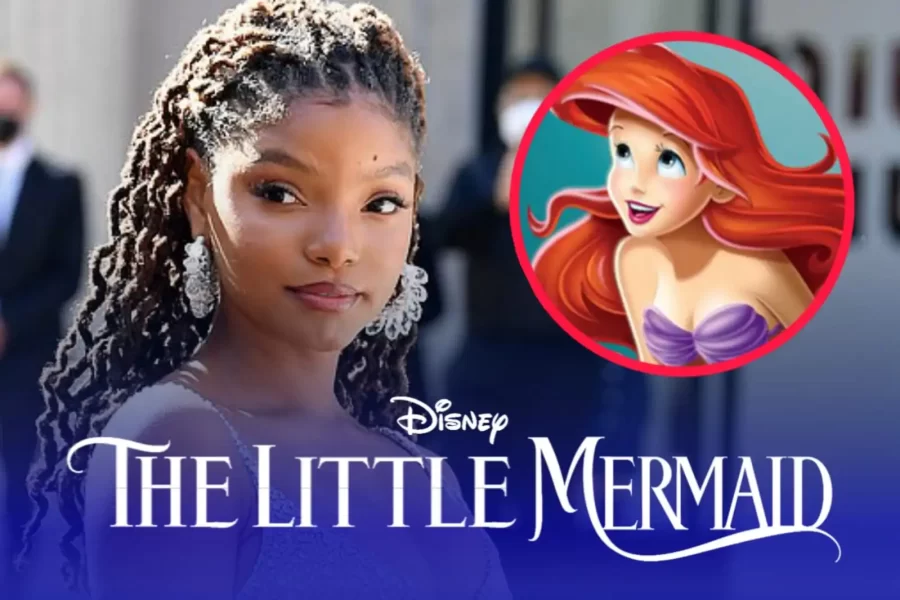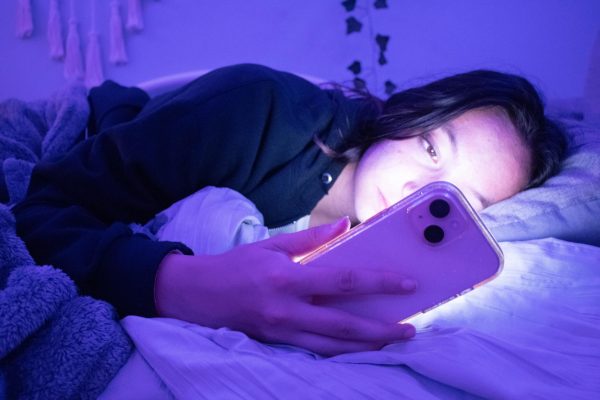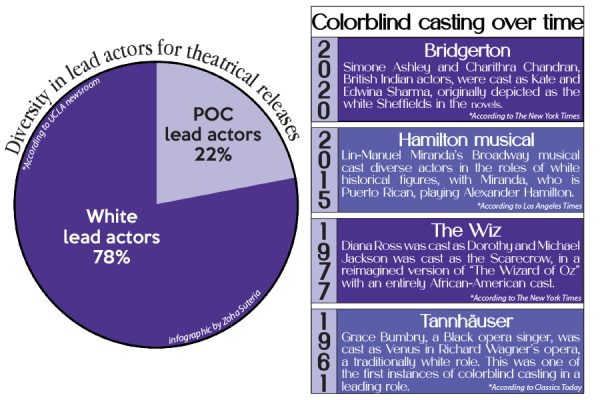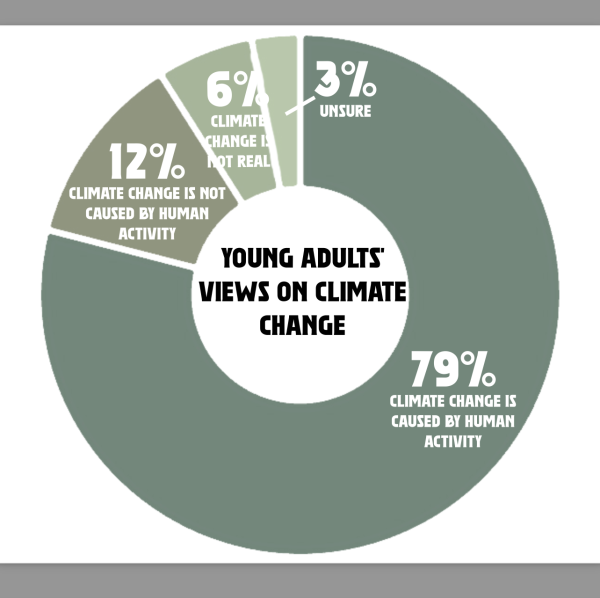In defense of Black Ariel in Disney’s new The Little Mermaid
September 29, 2022
If you’ve been on social media in the past week or so, you may have noticed the recent controversy over Walt Disney’s release of The Little Mermaid trailer, featuring a Black Ariel.
Predicted to premiere in May 2023, The Little Mermaid‘s new live-action movie has rapidly gained attention over Disney’s decision to cast a Black woman, Halle Bailey, for the lead role of Ariel. Although a multitude of attention from fans has been praise regarding the growing diversification of Disney’s princess portfolio, much of the attention has also been spiteful.
For example, many have pointed out that if roles were reversed and a princess like Tiana was cast by a white woman, there would be much more backlash. Others have expressed annoyance as they feel a part of Ariel’s identity has been taken away without her signature red hair. I have even seen a few complaints that Disney is abandoning tradition in the name of “wokeness” and performative representation.
To a certain extent, I understand some of this frustration because of how important The Little Mermaid was to so many childhoods. Seeing Ariel’s appearance change so much in the live-action might seem kind of strange to those of us who grew up watching the original religiously.
However, I urge the people who argue “if roles were reversed” to consider that the roles have already been reversed for over a century. From the first films in the late 1800’s until now, characters meant to be people of color have repeatedly been played by white actors. In Ghost in The Shell (2017), Scarlett Johansson played Motoko Kusanagi, an ethnically Japanese character. In Prince of Persia (2010), Jake Gyllenhaal played Prince Dastan who was supposed to be a modern-day Iranian. Angelina Jolie played ethnically Afro-Cuban Mariane Pearl in A Mighty Heart (2007). There are countless more instances of this occurring, but at the end of the day, it is a reality that people of color have been majorly underrepresented throughout Hollywood and the media.
As a Latina, seeing Encanto (2021) for the first time practically healed my inner child after rarely seeing strong female leads who looked like me represented in Disney films. Having experienced a lack of representation in films throughout my childhood, my heart warms to see videos of Black children reacting to the casting of Ariel in the new live-action movie.
In my eyes, that in itself is priceless and intrinsically more valuable than the color of Ariel’s hair or skin according to the animated version.
Again, if you are finding yourself angry, upset, or confused about Ariel’s casting, I challenge you to consider a few things. If you are a white person, I challenge you to look at your own privilege as someone who never had this problem growing up. If you are a person of color, I challenge you to empathize with these Black children, who are so excited to see people like them represented by their favorite princesses.
For everyone, I challenge you to find the importance in the ever-growing diversification of movies and characters that have brought all of us joy, because personally, I could never find a thing wrong with something so beautiful.















